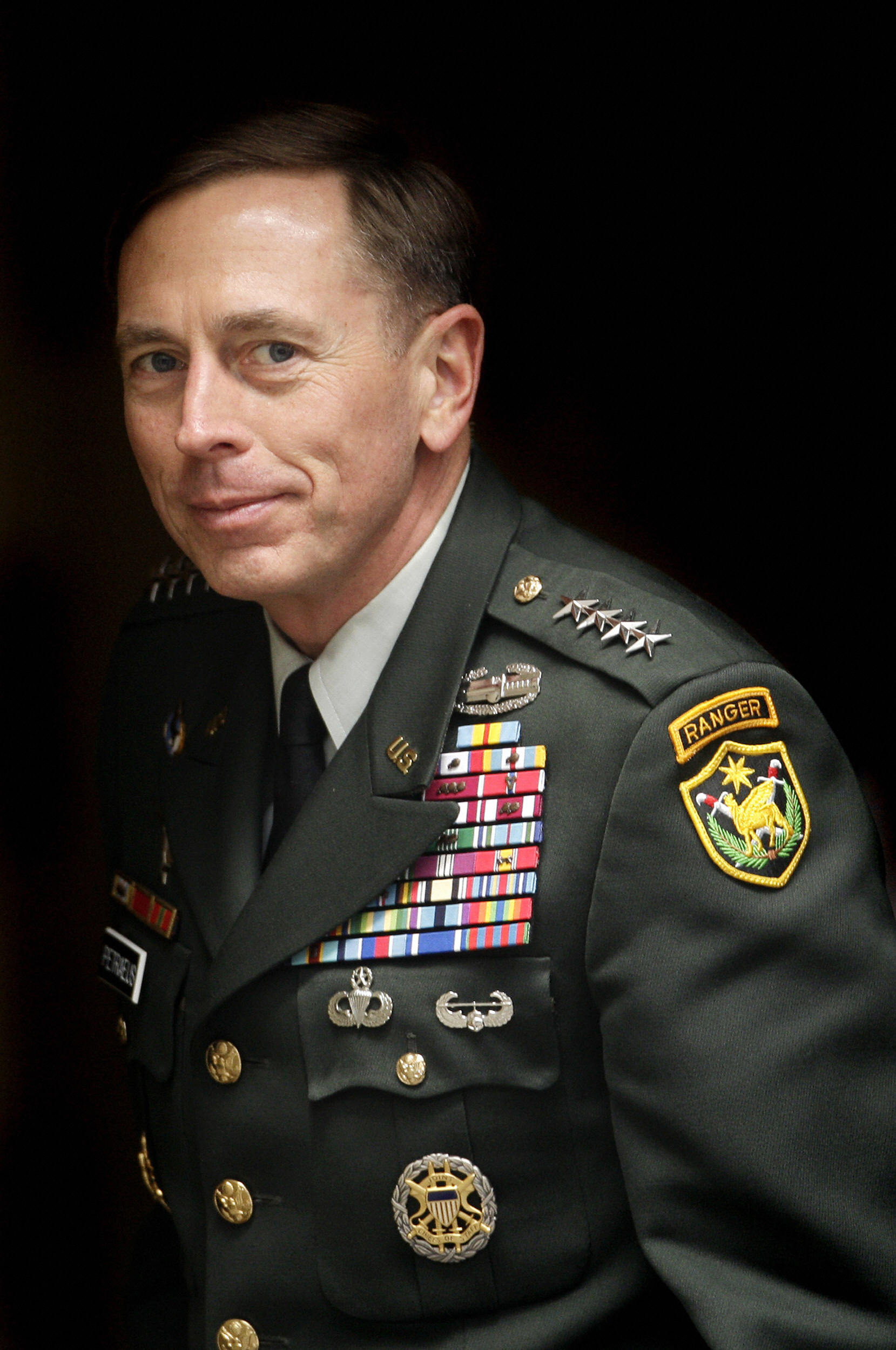 Last week I met with members of the 100-person team who are conducting a top-to-bottom assessment of Centcom’s area of responsibility on your behalf. I have to say I don’t envy them their task, or you your’s. The remit of your military operation, Central Command (Centcom) is expansive – ranging from Egypt to Pakistan – but the tools at your disposal seem fairly limited and traditional.
Last week I met with members of the 100-person team who are conducting a top-to-bottom assessment of Centcom’s area of responsibility on your behalf. I have to say I don’t envy them their task, or you your’s. The remit of your military operation, Central Command (Centcom) is expansive – ranging from Egypt to Pakistan – but the tools at your disposal seem fairly limited and traditional.
And what must have started out as a repeat of your successful Iraq exercise will undoubtedly have been complicated by the many other on-going reviews, not to mention the need to await President Obama’s instructions, post-Inauguration.
But as the Obama team knows very well, the U.S will have to work with allies to accomplish its key security policy goals and that is why I’m writing to you: to explain what Europe would like to see Centcom do.
Let us start with Iraq. Everyone acknowledges the tremendous progress you have overseen in what was once thought of as a doomed U.S project. But this progress could be disrupted or destroyed by events in Iraq’s neighbourhood. The cooperation of five states – Jordan, Kuwait, Saudi Arabia, Syria and Iran – is crucial to any lasting Iraqi stability. The country is dependent on these neighbours because of its limited access to Arab Gulf, the vulnerability of its overland oil pipelines and its dependence on the uninterrupted flow of its rivers.
Getting to a regional settlement is probably beyond your pay-grade, but you can act in lessening regional tensions and perhaps find ways for the region’s states to address common threats. Piracy, especially off the coast of Somalia, is a matter of joint concern. Setting up a Maritime Safety Centre based in Qatar could be a start.
More serious than piracy is the risk of an accidental maritime confrontation, most obviously between the U.S and Iranian navies. The downing of Iran Air Flight 655 by the U.S. Navy in 1988 is exactly the kind of incident which could trigger a larger conflagration in the Gulf and set-back any regional diplomacy.
To minimise the likelihood of accidental clashes, you could start to explore the scope for regional maritime confidence-building measures. Like the Conflict Prevention Centre set up by the OSCE to help the Balkans, a similar body could be established in the Gulf. This does not answer the “Iran question” i.e. what to do with the country’s illegal nuclear programme, but it ensures that policy will not be forced by an accidental clash. And confidence-building measures may serve to help any deal-making.
The second issue is how to deal with South West Asia. Current thinking underlines the need to progress Pakistani-Afghan relations to defeat the Taliban. But as the recent Mumbai bombings have showed, the U.S gaze needs to be broadened further to include India and even beyond. For a daisy-chain of conflicts lies strewn across the region, stretching from Baluchistan on the Pakistani-Iranian border to the Sea of Bengal in the east. When one conflict goes off it can trigger others to explode.
Dismantling all the parts of the chain will require painstaking, high-level diplomacy, probably led by a Presidential Envoy or a UN ambassador. But, again, you and your command have a big role to play. Right now, the region needs an impartial, international body, which can help share information on threats, activities and so on. A place where leaders can call to get accurate information or relay their security concerns.
The half-truths and rumours that pass for information in the region today and at the highest levels of government, for example between Pakistan and Afghanistan, is astonishing and will end up taking a small-scale conflict to an inter-state conflagration. Though this secretariat work cannot be done by the U.S military, Centcom could ensure a UN body has the right intelligence, and people.
Then you need to find ways to engage China and Turkey in some of the region’s security issues. Only Beijing and Ankara have the clout to speak to Islamabad or more accurately Rawalpindi, where the Pakistani army resides. What ways can Centcom – and, in China’s case, in cooperation with U.S Pacific Command – work together with these countries’ militaries to help the Pakistani forces?
Finally there is Afghanistan. I understand that you are planning to propose a surge of troops, which might put some 20,000 soldiers into the southern and eastern parts of the country. But as you know, this is nowhere near the 200,000 troops needed if standard force-to-population ratios are used.
Therefore, more work needs to be put into building the Afghan army and police. Reconstruction is important, but should be focused on things that will make an impact on the insurgency, like electricity, jobs and water. Funding to other programmes should be slimmed down. The key is to focus on less, not more. And it all needs to be led by a strong, presidentially-empowered U.S ambassador – someone like James Dobbins or Richard Armitage.
None of this amounts to a blueprint for U.S policy in the Middle East or South West Asia. But to make progress in both regions, 2009 will have to be the year of regional diplomacy. And your command will have an important role in preparing the conditions for the diplomatic work.







Comments